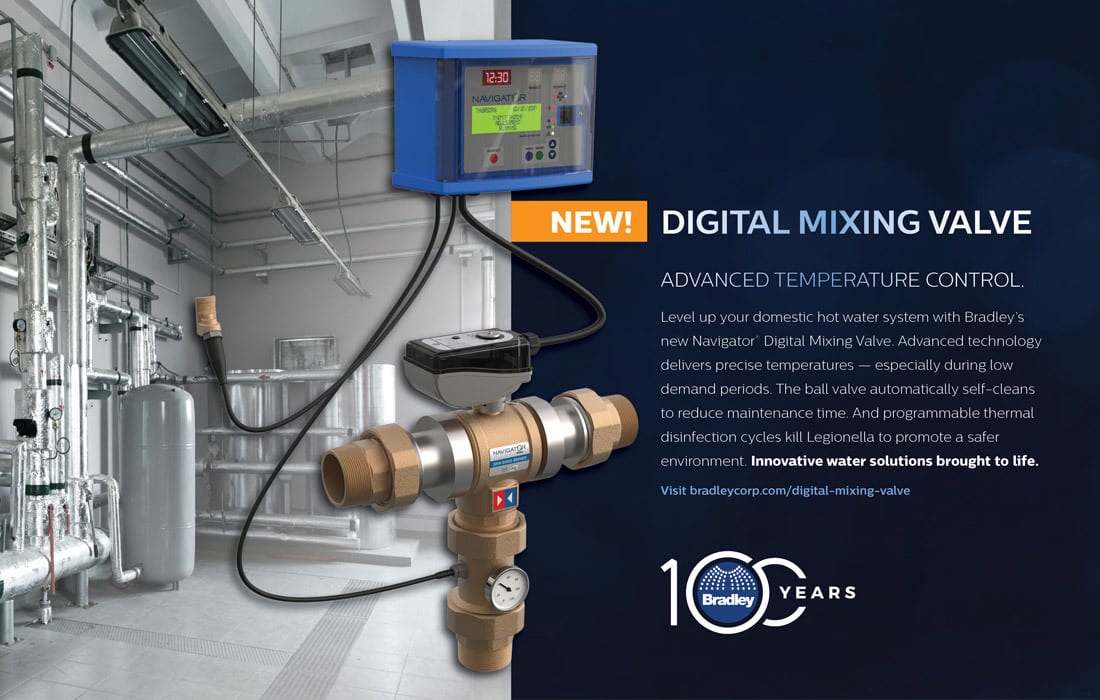INDUSTRY NEWS
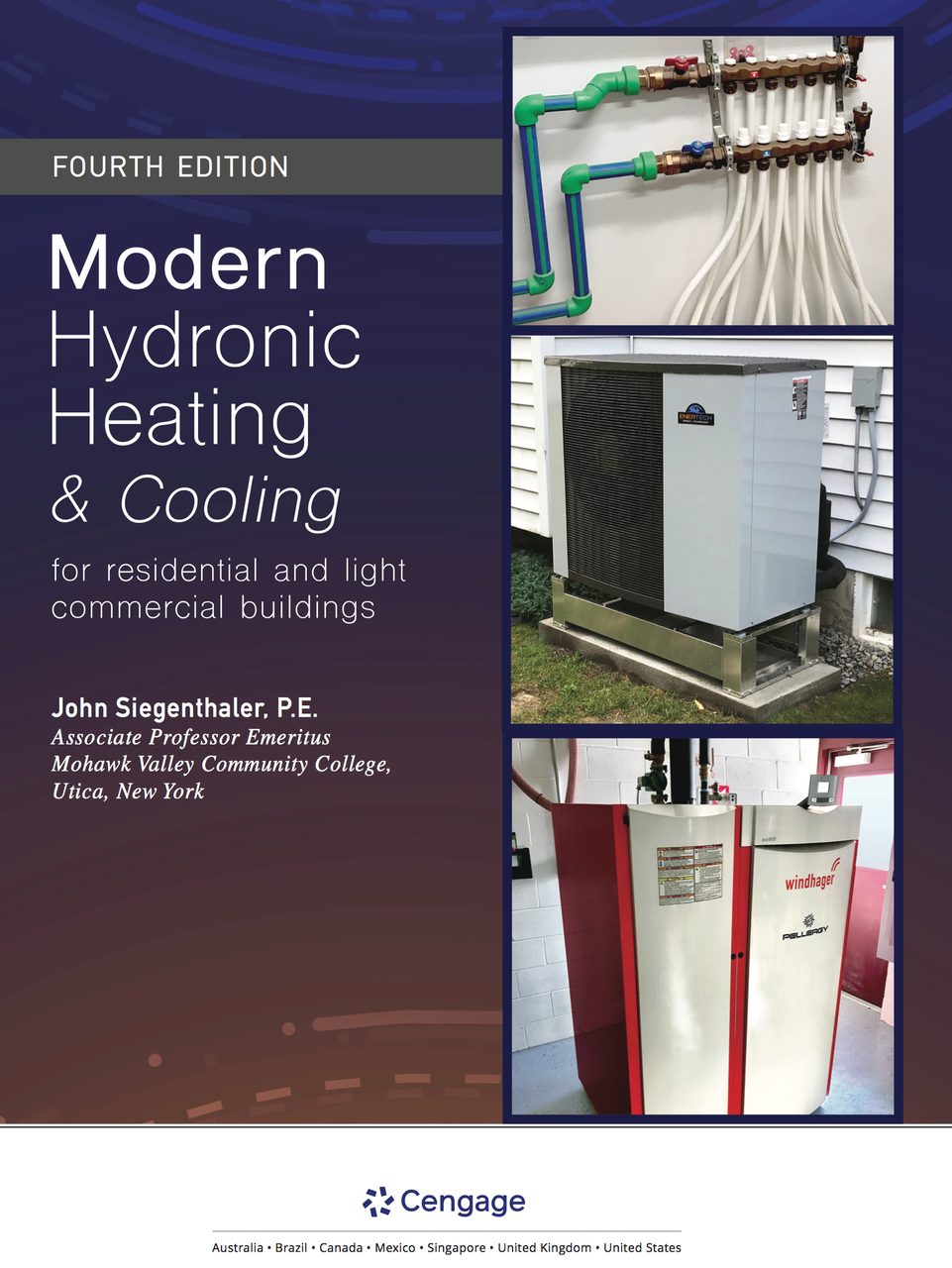
Latest edition of Siegenthaler textbook coming in April
After its release in 1994, the first edition of John Siegenthaler’s textbook — "Modern Hydronic Heating for Residential and Light Commercial Buildings" — quickly established itself as a comprehensive technical publication for those who design and install hydronic heating systems.
Now, after three previous editions that span 28 years of technical development, the fourth edition of the book is ready to continue as the leading reference on hydronic system design and installation.
The fourth edition adds over 130 pages of state-of-the-art information developed to equip designers and installers for the present as well as the future of hydronics technology. New and expanded topics include: Air-to-water heat pumps systems, biomass boilers, new piping materials, distribution efficiency, water quality, separator technology, low-temperature systems, domestic water heating, buffer tanks, variable speed circulators, heat exchangers and heat metering.
An entire new chapter has been added on hydronic cooling, which will be increasingly used within hydronic heat pump systems.
The fourth edition of "Modern Hydronic Heating & Cooling, for Residential and Light Commercial Buildings" will be available through major booksellers on April 1.
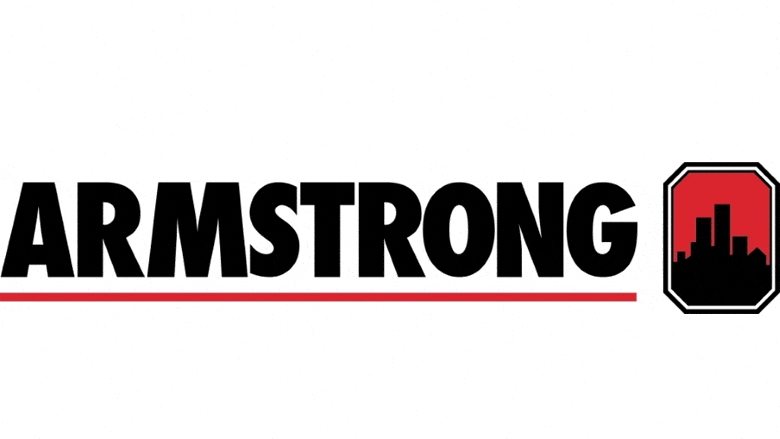
Armstrong helps customers reduce energy use by more than 2.5B kWh
Armstrong Fluid Technology announced a bold initiative in 2018 to reduce greenhouse gas (GHG) emissions among its global customer base by 2 million tons, targeting completion by the year 2022.
At the 2022 AHR Expo in January, Armstrong proudly announced that it had reached and surpassed that lofty goal. In the process, the company has helped customers save 2.5 billion kWh of electricity usage, resulting in more than $300 million in cost savings. Achieving this goal is the equivalent of taking 600,000 cars off the road for a year, or off-setting the average annual CO2 emissions generated by 100,000 people.
“Since June 2018, when the initiative was first announced, Armstrong has worked collaboratively with our customers and partners to implement our innovative Design Envelope technology in building mechanical plants, worldwide. The application of this technology converts existing and new installations into ultra-efficient and sustainable systems” said Todd Rief, Armstrong CEO. “We have now boosted Design Envelope Technology with our innovative Active Performance Management architecture. This 3-layer architecture adds the power of Digital Twins, Edge and Cloud computing to intelligent Design Envelope equipment. The application of Active Performance Management brings performance resilience and transparency to system design and operations. This helps our partners and our customers extract carbon from every stage of the lifecycle of a building. They can design a much smaller plant with lower construction carbon footprint, and dramatically reduce their carbon emission from operations. All this while using predictive maintenance to preserve building performance without adding cost. We would like to sincerely thank our partners and our customers for helping us reach this goal.
"At the same time, we recognize that the work in this area is not yet done," Rief added. "Buildings worldwide continue to be some of the biggest contributors of GHG. Through our core competencies of Fluid Flow, Energy Transfer, Demand Based Control and Digitalization, we aim to bring a step change to the performance of buildings through their entire lifecycle.”
For more information, visit https://armstrongfluidtechnology.com.

REHAU Group suspends operations in Russia
REHAU Group announced is has suspended operations in Russia, due to the development of the crisis and the suffering of the people in Ukraine. As a company that operates in Ukraine, as well as in Russia and Belarus, it emphasizes its position:
- REHAU strongly condemns the attack on Ukraine and its people;
- It is a war against humanity, the freedom of all of us and peace in Europe; and
- Thus, against the values for which we as a REHAU Group stand with all of its subgroups.
The company has decided to suspend our operations in Russia and Belarus until further notice.
Russia in particular, where REHAU has been present for many years, is an important market for the company. The company stated it hopes the situation will soon change in such a way that it can resume our activities in both countries.
REHAU said its priority is the safety of its colleagues and their families in Ukraine and those that are leaving the country. The company began preparing possible contingency plans some time ago. Concrete help is underway at various levels:
- Via the emergency aid fund “Family for Families,” which has been endowed by the company with a significant sum to provide immediate assistance, but also to support reconstruction later on;
- Via the crisis taskforce, which coordinates support for our team in Ukraine, but also for the people fleeing. We are in constant contact with the local management for this; and
- And via an account we have set up for donations from our 20,000 employees worldwide.
Dr. Veit Wagner, president of REHAU Group, stated: "We hope for a peaceful outcome and our thoughts remain with everyone affected by the conflict.”
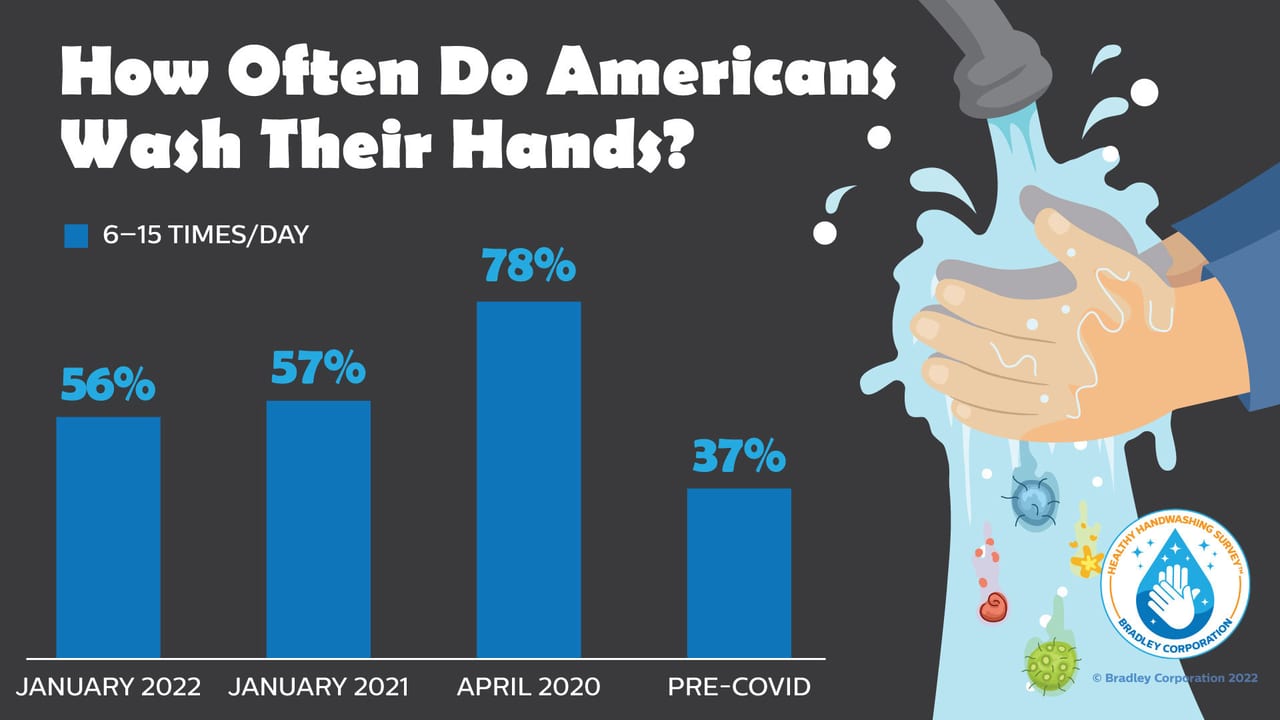
Annual survey finds 25% decrease in handwashing compared to beginning of pandemic
The Healthy Handwashing Survey from Bradley Corp. has found handwashing frequency decreased 25% among adults compared to when the coronavirus first hit.
Specifically, in the spring of 2020, Americans were washing their hands an average of 10.5 times per day. This January, that number dropped by one-fourth to 7.8 times per day.
While the adult population may be shortchanging their handwashing routine, the survey found that 79% of parents take some sort of action to encourage their children to suds up. 44% say they regularly ask their young ones to wash their hands, 26% have added it to their children’s routine and 25% buy fun soaps to make handwashing more interesting.
As for hand hygiene outside of the home, 64% of parents say their child’s school or daycare builds handwashing into the daily schedule.
“Handwashing has been shown to be a simple, safe and effective way to reduce the transmission of viruses and bacteria, including the virus that causes Covid-19,” says medical microbiologist Michael P. McCann, Ph.D., professor and chair of biology, Saint Joseph's University. “It is essential that everyone maintain high-levels of personal hygiene and that we do not let down our guard.”
As a first line of defense to remove germs, 61% of Americans correctly believe their hands are less germy after washing with soap and water than after using hand sanitizer – a fact supported by the Centers for Disease Control and Prevention (CDC). For times when soap and water are not available, the CDC says that hand sanitizer is a good, second option for hand hygiene.
Also, the majority of American adults are on target with how long they wash their hands. The CDC recommends lathering up and scrubbing for a minimum of 20 seconds. The survey found that 63% follow that guidance and wash for an average of 21 seconds. However, 17% of the population say they only take five to 10 seconds to clean up.
Coronavirus concerns fading
Since 2009 and throughout the pandemic, Bradley Corp, a manufacturer of commercial handwashing fixtures and washroom accessories, has conducted its Healthy Handwashing Survey to take a closer look at the state of hand hygiene in America and, most recently, the impact of the coronavirus.
Overall, the 2022 survey found anxiety and actions surrounding the coronavirus have relaxed as the country enters the third year of the pandemic.
Currently, 41% of respondents say they are very concerned about contracting the coronavirus. That’s a significant drop from January 2021 when more than half of the population (53%) expressed a high level of concern.
Another indication that fears are starting to ebb is showing up in the way people greet each other. In April 2020, 67% preferred to wave hello in order to eliminate physical contact and 49% said they specifically avoided shaking hands. In January 2022, 44% are using a wave as a greeting and only 36% say they are avoiding handshakes.
And, while still high, concerns about coming into contact with germs are also starting to recede. These days, 78% of Americans say they are more conscious about germs as a result of the coronavirus compared to 89% in April 2020 and 86% in February 2021.
“Germ avoidance and handwashing diligence are two habits that should always be a priority,” says Jon Dommisse, vice president of marketing and corporate communication for Bradley Corp. “No matter the time of year or situation we’re in, lathering up, scrubbing thoroughly, rinsing and drying your hands is something that should be done consistently without fail.”
The annual Healthy Handwashing Survey from Bradley Corp. queried 1,035 American adults Jan. 10-21, 2022, about their handwashing habits, concerns about the coronavirus and flu and their use of public restrooms. Participants were from around the country and were fairly evenly split between men (46%) and women (54%).
For more information, visit www.bradleycorp.com/handwashing.
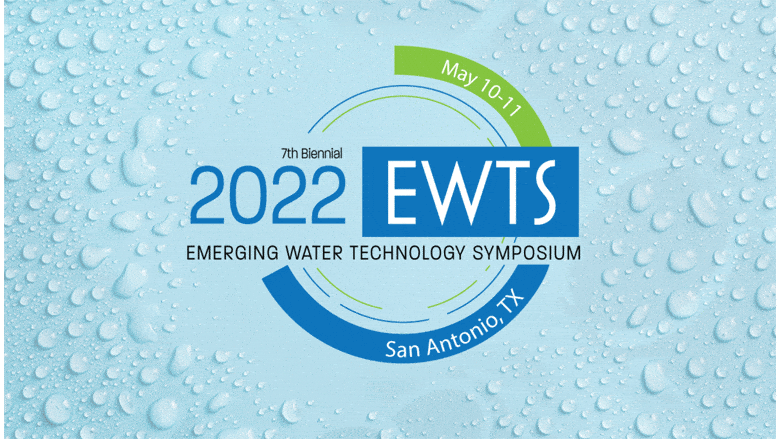
Registration open, keynote speakers announced for 7th Emerging Water Technology Symposium
Registration is now open for the seventh Emerging Water Technology Symposium (EWTS), which returns to being an in-person event May 10-11 in San Antonio. To register, visit https://www.aspe.org/2022-ewts-registration.
The EWTS is co-convened by the American Society of Plumbing Engineers (ASPE), the Alliance for Water Efficiency (AWE), the International Association of Plumbing and Mechanical Officials (IAPMO) and Plumbing Manufacturers International (PMI), in cooperation with the World Plumbing Council (WPC).
The 2022 EWTS will include the following presentations:
- “Non-potable Water Systems: Unique Plumbing Code Considerations” by Phillip White, manager of plumbing and mechanical inspections, City of Vancouver, British Columbia;
- “The Role of Safety and Performance Requirements in Reinventing the Toilet” by Sun Gil Kim, program officer for the Bill and Melinda Gates Foundation;
- “Direct Potable Reuse — Can It Be a Consumer Product?” by Markus Lenger, Clean Blu Innovation;
- “Understanding the Need, Benefits and Limitations of Applying Supplemental Disinfection Control in Plumbing Systems” by Janet E. Stout, president and director, Special Pathogens Laboratory;
- “Understanding the Application and Potential of the Water Demand Calculator” by Professor Steve Buchberger, University of Cincinnati;
- Panels on “Effective Risk Management of Building Water Systems for Pathogen Control” and “Implications of the Infrastructure Investment and Jobs Act and Build Back Better Legislation on Water Infrastructure and Plumbing;” and more.
A complete schedule is available at https://ewts.org/2022-schedule.
The keynote addresses will be delivered by Dr. Richard Thorsten, chief impact officer for Water.org, and Robert Puente, president and CEO of the San Antonio Water System.
Thorsten oversees collaboration and innovation across the Global Impact department to generate a credible evidence base to advance insights, influence action, and contribute to thought leadership. His team works with water and sanitation enterprises and service providers to find effective ways to maintain and scale Water.org’s programs to improve the health and welfare of people living in poverty worldwide.
Puente was appointed San Antonio Water System’s president and CEO in May 2008. As chief executive of one of the nation’s largest utilities, he provides leadership in delivering water and wastewater services to more than 1.7 million consumers, developing new water resources, continuing infrastructure upgrades throughout the community, and building regional partnerships. As one of the policy pioneers of modern water supply management in Texas, Puente has helped shape and steward key landmark regional water issues.
“This year’s program is shaping up to be the best yet. Dr. Thorsten’s and Mr. Puente’s presentations will definitely set the tone for an impactful and relevant symposium,” said Tony Marcello, IAPMO senior vice president of Training and Credential Services. “We are extremely thrilled with their involvement and look forward to their presentations with great anticipation.”
The biennial symposium provides a platform for plumbers, contractors, engineers, manufacturers, and water-efficiency experts to introduce new technologies for the plumbing and mechanical industries, and to discuss emerging trends, challenges, and opportunities important to anyone who is concerned about how water is used in the built environment.
Attendees are advised to register early, as seating is limited. The early-bird rate of $495 ends March 15. Additional information may be found at www.ewts.org.
Presentations and a series of videos from previous symposiums are available for viewing at www.youtube.com/user/IAPMOGroup/playlists.
